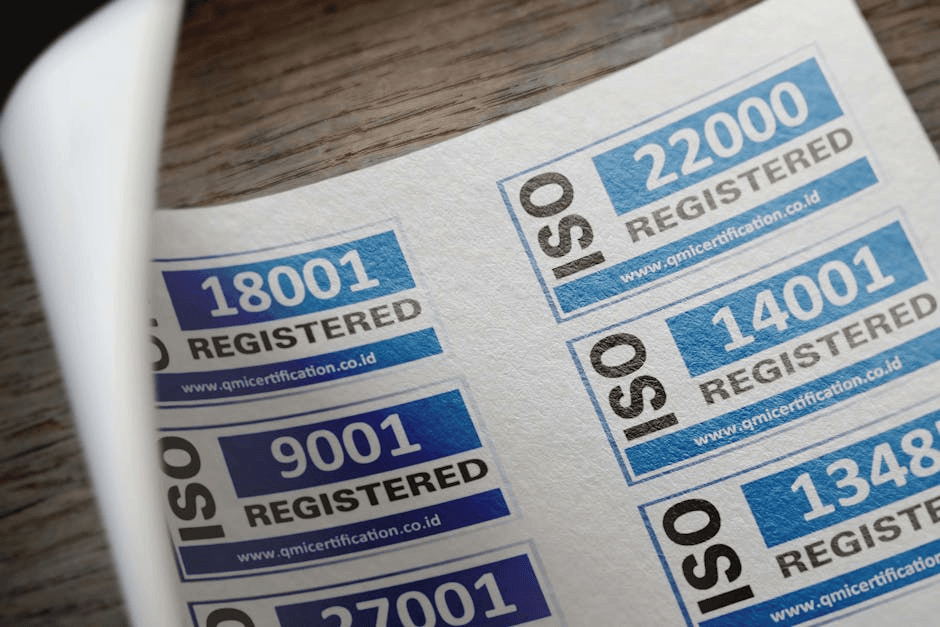
ISO 9001 Quality Certification is an internationally recognized standard that outlines the criteria for a quality management system (QMS). This certification helps organizations ensure they consistently meet customer and regulatory requirements while enhancing customer satisfaction. Achieving ISO 9001 certification demonstrates a commitment to quality and provides a systematic framework for managing processes and improving efficiency.
Implementing a Quality Management System
To achieve ISO 9001 certification, you must first implement a robust quality management system. This involves defining your organization’s quality policy, objectives, and processes. Begin by mapping out your workflow and identifying key areas for improvement. You need to gather input from various stakeholders to ensure that all aspects of the organization are aligned with quality objectives.
Iso 9001 quality certification plays a crucial role in implementing a QMS. You must create documentation that outlines your processes, quality manual, and operational procedures. This documentation serves as a reference point for your staff and supports consistency in operations. It is essential to establish a system for monitoring and measuring performance against the defined quality objectives.
Regular internal audits are vital for maintaining compliance with ISO 9001 standards. Conducting these audits helps identify non-conformities and areas for improvement. By addressing these issues proactively, you can ensure that your organization continuously evolves and improves its QMS.
The Path to Certification
Once you implement a quality management system that meets ISO 9001 standards, you can engage a certification body to conduct an audit. This independent assessment evaluates your organization's adherence to the established QMS. After a successful audit, you will receive ISO 9001 certification, which acts as a testament to your commitment to quality management.
Maintaining ISO 9001 certification requires ongoing effort. Your organization must continue to adhere to the standards and continuously improve its processes. Scheduled surveillance audits by the certification body typically occur annually to ensure compliance. Successful maintenance of the certification can enhance your organization's reputation and foster trust among customers and stakeholders.
Benefits of ISO 9001 Certification
The advantages of obtaining ISO 9001 quality certification are substantial. Firstly, it enhances customer satisfaction by ensuring that products and services consistently meet customer expectations. By focusing on quality, you can build stronger relationships with clients and improve customer retention rates.
Improved operational efficiency is another significant benefit. By streamlining processes and eliminating waste, your organization can reduce costs and increase productivity. ISO 9001 emphasizes a process-oriented approach, which encourages continual assessment and refinement of operations.
Additionally, ISO 9001 certification can provide a competitive edge in the marketplace. Many customers prefer to partner with certified organizations because it signifies reliability and a commitment to quality. This certification can open doors to new business opportunities, partnerships, and contracts, especially in industries where quality assurance is paramount.
Building a Culture of Quality
ISO 9001 certification fosters a culture of quality within your organization. It encourages employees to take ownership of their work and promotes accountability. When everyone in the organization understands the importance of quality, it leads to greater engagement and motivation.
Training and development are essential components of a successful QMS. Providing your staff with the necessary training ensures they are equipped to uphold quality standards, thus creating a knowledgeable workforce. You must instill a mindset that prioritizes quality at every level of the organization.
In conclusion, obtaining ISO 9001 quality certification positions your organization for long-term success. This certification not only improves customer satisfaction and operational efficiency but also strengthens your market position. By committing to a culture of quality, you ensure that your organization remains agile and competitive in an ever-evolving business landscape. Embrace the journey toward ISO 9001 certification and unlock a world of opportunities for growth and excellence.